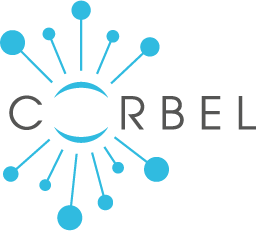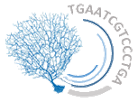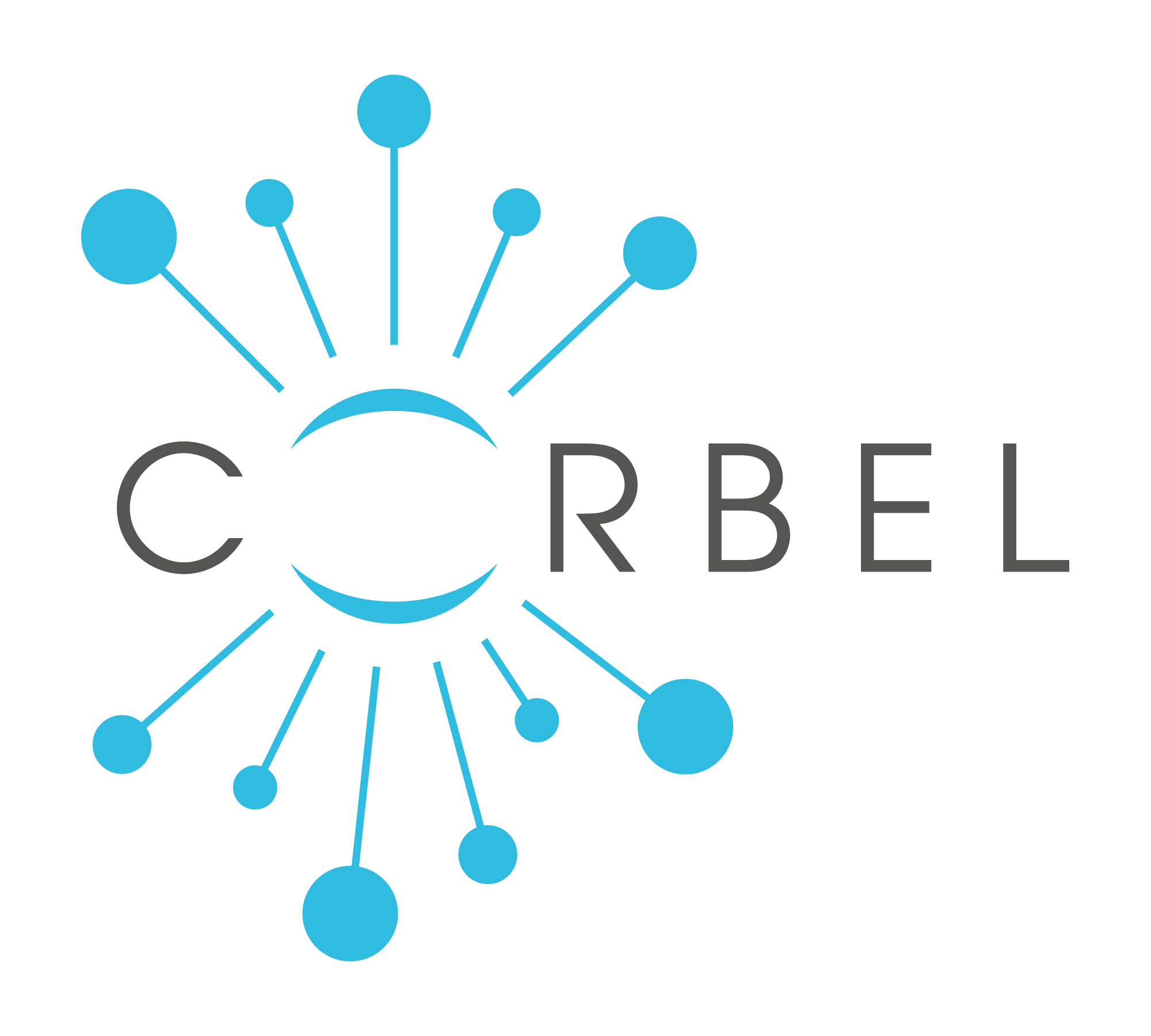CORBEL (Coordinated Research Infrastructures Building Enduring Life-Science Services) is a new Horizon 2020 initiative linking eleven biological and medical Research Infrastructures (BMS RIs). The goal is to allow
harmonized user access for biological and medical technologies, biological samples and data services to boost the efficiency, productivity and impact of European biomedical research. Over 4 years and with a funding of €14.8 million, a network of high quality services will be developed by connecting different research infrastructures in Europe in microbial resources (MIRRI), compound screening (EU-OPENSCREEN), e-infrastructure (ELIXIR), biomolecular resources (BBMRI), translational medicine (EATRIS), clinical research (ECRIN), marine biological resources (EMBRC), biological imaging (Euro-BioImaging), mouse disease models and phenotyping (INFRAFRONTIER), structural biology (Instruct) and systems biology (ISBE). CORBEL will enable the BMS RIs to support users throughout the execution of a scientific project, from planning and grant applications through to the long-term sustainable management and exploitation of research data. CORBEL wants to establish and support a new model for biological and medical research in Europe, reduce redundancy and transform the ability of users to deliver advanced, cross-disciplinary research.
The CORBEL project is structured into 9 work packages, of which 2 (WP3 for medical & WP4 for biological) are practical work packages for the development of the service platforms. WP3 focusses on supporting the health and medical research communities throughout Europe, while WP4 will drive the development of scientific connectors in selected areas of biological research through four distinct “Use Cases”. Within WP4 of CORBEL, the EMBRC (European Marine Biological Resource Centre) coordinates Use Case 4.4: “marine metazoan developmental models for biomedical research from predictive integrated databases to functional testing”. This Use Case will develop pipelines to establish harmonized databases for three animals (jellyfish, sea urchin and amphioxus) integrating genomic, transcriptomic and morphological data for selected marine metazoan developmental model species. This activity will be undertaken by researchers at five EMBRC marine station sites in Scotland, Italy and France, interacting closely with other members of the European Research Infrastructures, notably ELIXIR and Euro-BioImaging.
For further information about Use Case 4, contact.



